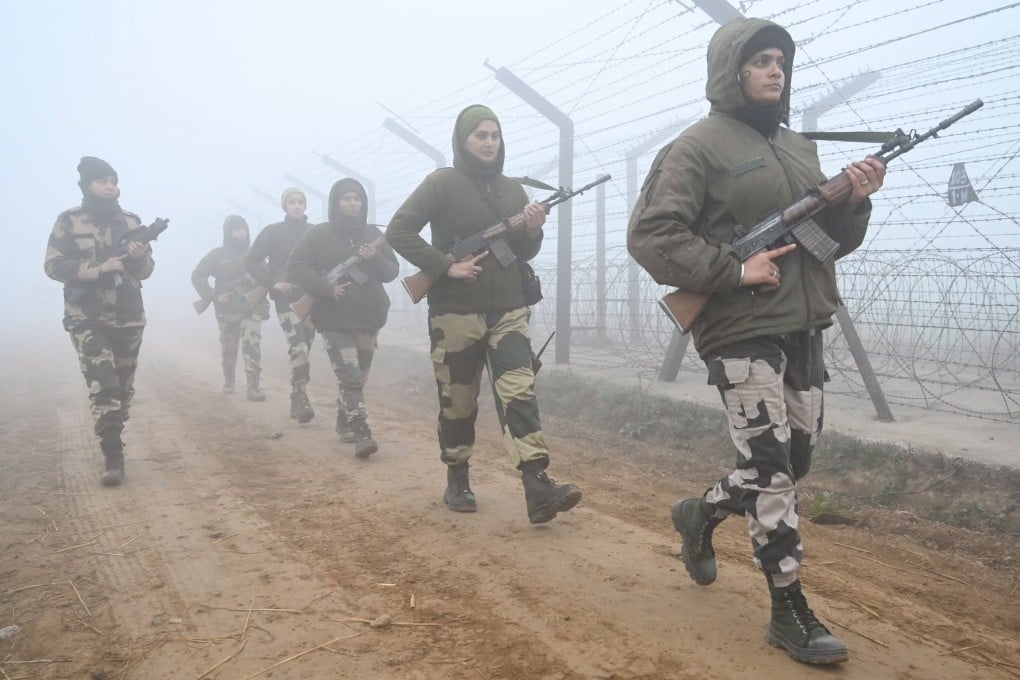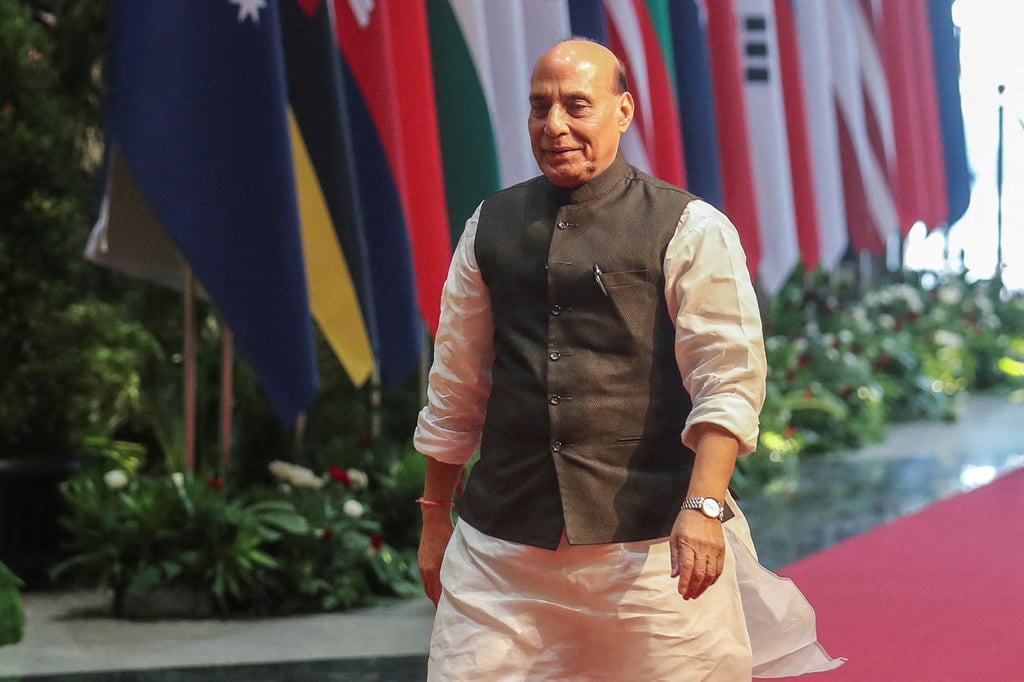India-Pakistan formal dialogue unlikely as cross-border terrorism remains sticking point
- Analysts say a thaw in tensions could come with a changing of the guard in Pakistan, with both sides keen to not let ties worsen amid significant challenges
- Pakistan can do more to stop terrorism perceived to be emanating from its soil as part of efforts to improve ties, they add

Though Delhi has not officially reacted to the news, Indian Defence Minister Rajnath Singh in a TV interview last Saturday said his country would kill anyone who disturbed the peace in India and fled to Pakistan, in response to a question about the report’s authenticity.

Pakistan’s foreign office then condemned Singh’s statement as “provocative”. Islamabad warned that Indian officials’ “myopic and irresponsible behaviour” could put regional peace at risk, while also calling for accountability from Delhi and claiming to have “irrefutable evidence” linking India to the extrajudicial killings.
Before the verbal brawl, Pakistan’s foreign affairs minister Ishaq Dar had expressed a desire to resume trade with India, even as Islamabad later backtracked from the statement.
Political pundits were optimistic that a thaw in long-standing tensions between India and Pakistan could come with a change of the guard in Islamabad.
Michael Kugelman, director of the Wilson Centre’s South Asia Institute, said that given both countries were facing significant challenges, Delhi and Islamabad had a strong interest in not allowing their relationship to worsen.